The 1942 film Casablanca remains one of the most popular Hollywood creations of all time, immortalizing the characters played by Humphrey Bogart (Rick Blaine) and Ingrid Bergman (Ilsa Lund).
Another prominent personage among the cast was German-born actor Conrad Veidt, who played the Nazi Major Heinrich Strasser. Veidt, incidentally, was the highest paid member of the cast despite his second billing. The reason, though, is apparent when considering his prior success on the silver screen in Germany, Great Britain, and the United States. Veidt, who died 80 years ago this month, appeared in more than 100 films from 1917 until his death of a heart attack at the age of 50.
Veidt was born in Berlin in 1893 and served in the German Army on the Eastern Front during World War I. Ill health brought about a discharge from military service, and his pursuit of an acting career blossomed. He found fame in silent films in Germany and emigrated to the United States in the 1920s. However, the advent of talking pictures curbed his marketability due to his German accent, and he returned to Germany just as the Nazis were solidifying their grip on power.
Veidt became vehemently opposed to the Nazis, and when Propaganda Minister Josef Goebbels began an extensive examination and purge of Jews and anti-Nazis in the German film industry, the actor looked at a “racial questionnaire” he had been obliged to complete. Just a week earlier, he had married a Jewish woman, Ilona Prager. The form required that Veidt declare his “race.” He wrote boldly, “Jude.” Although he was not Jewish, Veidt refused to forsake his wife. He also chose to stand with the persecuted Jews of Nazi Germany. Still, by making the declaration his life and those of his family members were in peril.
Veidt and Prager fled to Britain, and in 1939, after renouncing his German citizenship, the actor became a British subject. He continued to work in film while in Britain, performing in multiple leading roles, and soon the couple returned to the United States, settling again in Hollywood.
Even while pursuing his acting career in wartime, Veidt sympathized with those who suffered during the Luftwaffe onslaught against British cities during the Blitz. He had a particular soft spot for the children of London who sought safety from the Luftwaffe bombing by moving into the Underground tunnels of the urban transit system. During the difficult Christmas of 1940, he purchased 2,000 one-pound tins filled with candy, 2,000 packages of chocolate, and 1,000 envelopes that contained gifts of British pounds sterling. These were distributed to children whose families were in great need during the difficult holiday season.
One air raid shelter official wrote with gratitude to Veidt, “It is significant to note that, as far as is known to me, you are the only member of the Theatrical Profession who had the thought to send Christmas presents to the London children.”
Veidt further did everything he could to help his ex-wife, Felizitas Radke, and their daughter to leave Nazi Germany for neutral Switzerland. He facilitated the move of his current in-laws from Austria to Switzerland as well. Interestingly, he was quite fond of Radke’s mother and offered to help her escape the Fatherland for safety, but the old lady retorted that “no damned little Austrian Nazi corporal” could compel her to leave her native country. She reportedly survived the war, but Conrad Veidt never saw her again.
Meanwhile, Veidt completed his memorable performance in Casablanca, and it was the last of his work released during his lifetime. Well aware that he had inherited a heart condition from his mother, Veidt continued to be a chain smoker. He took nitroglycerine pills for chest pain but remained active.
On April 3, 1943, he was playing golf with his personal physician and popular singer Arthur Fields at the Riviera Country Club in Los Angeles and suffered a fatal heart attack while on the course. His final film, Above Suspicion (1943), was released after his death.
—Michael E. Haskew

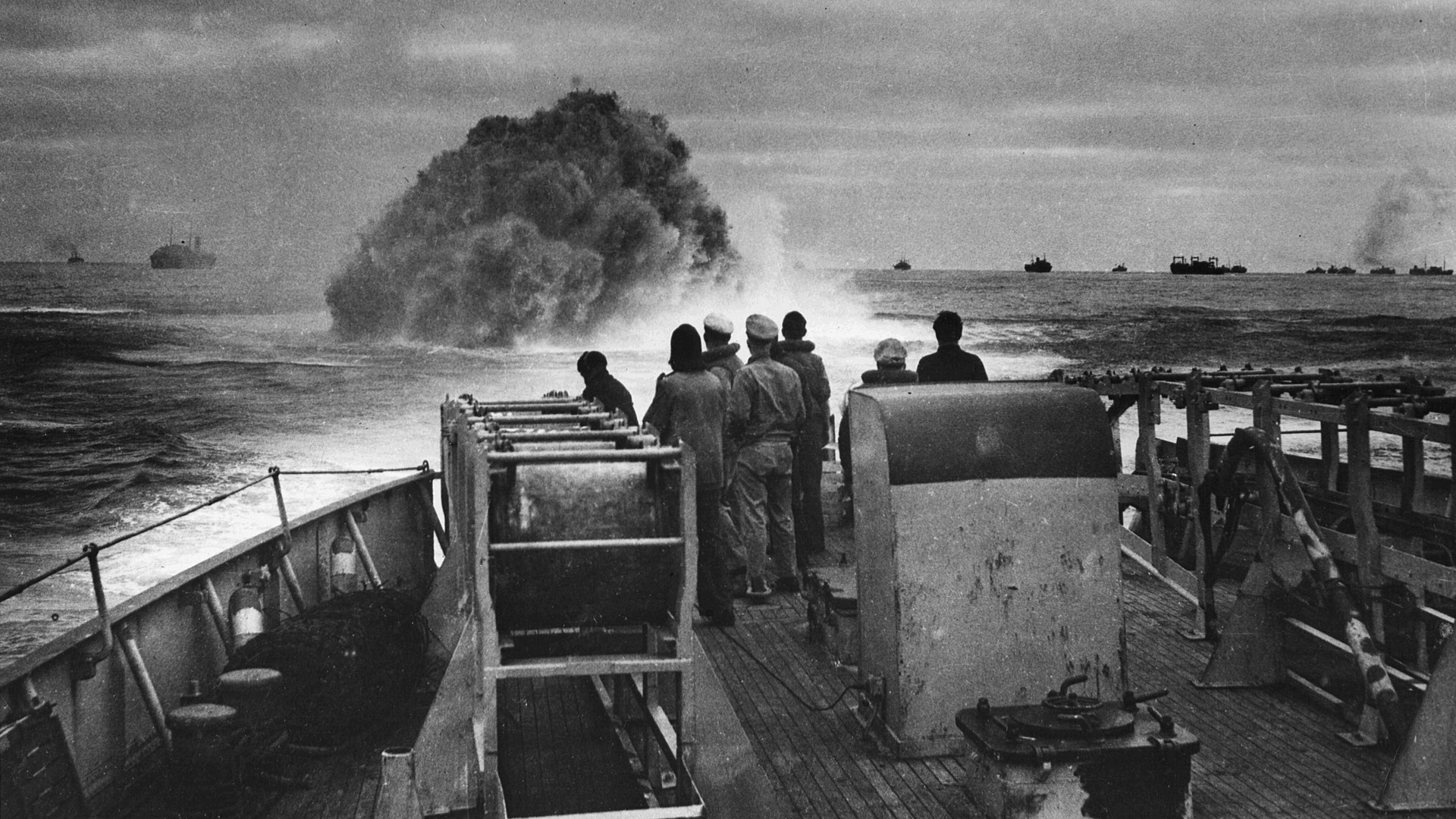
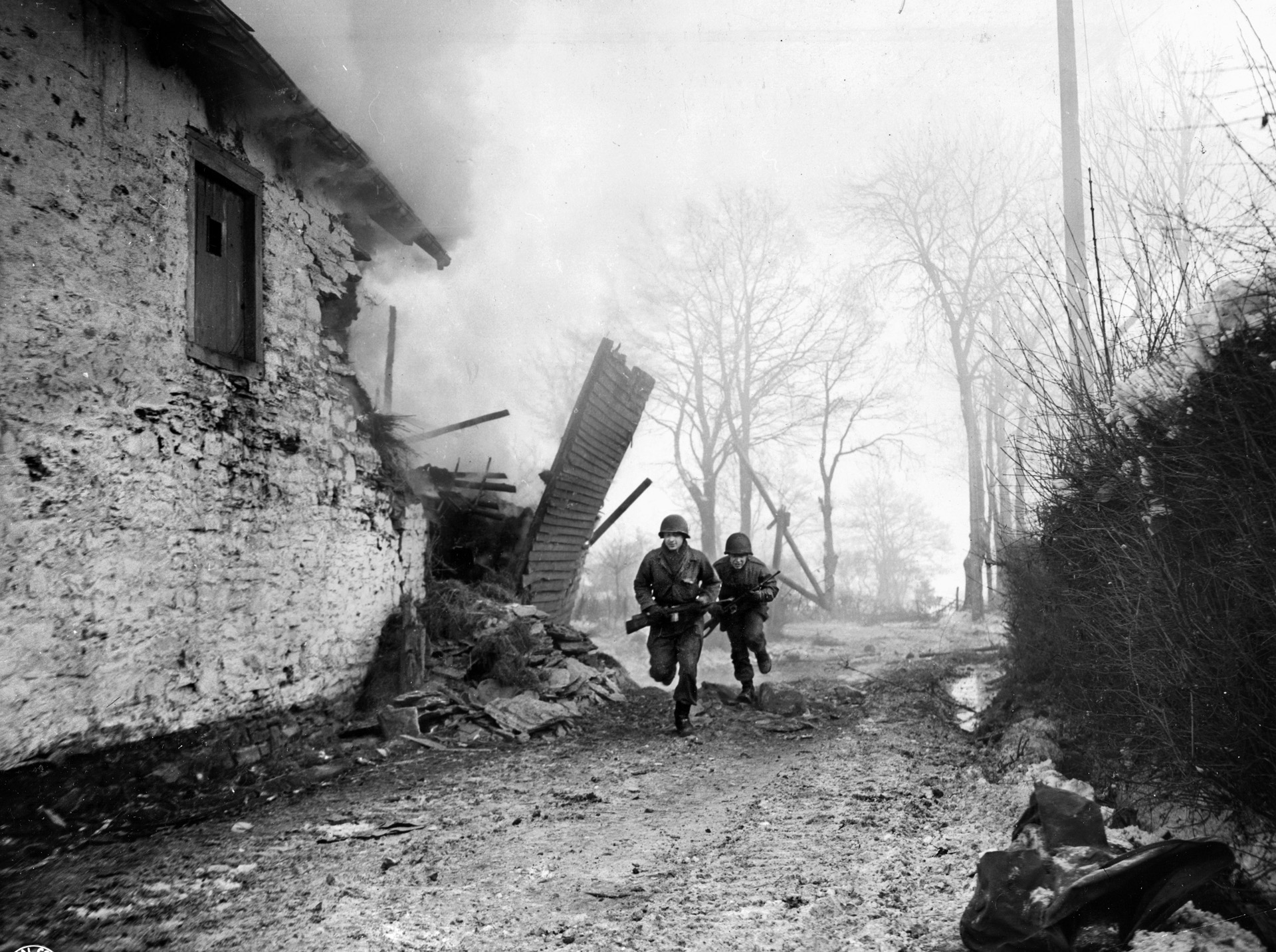
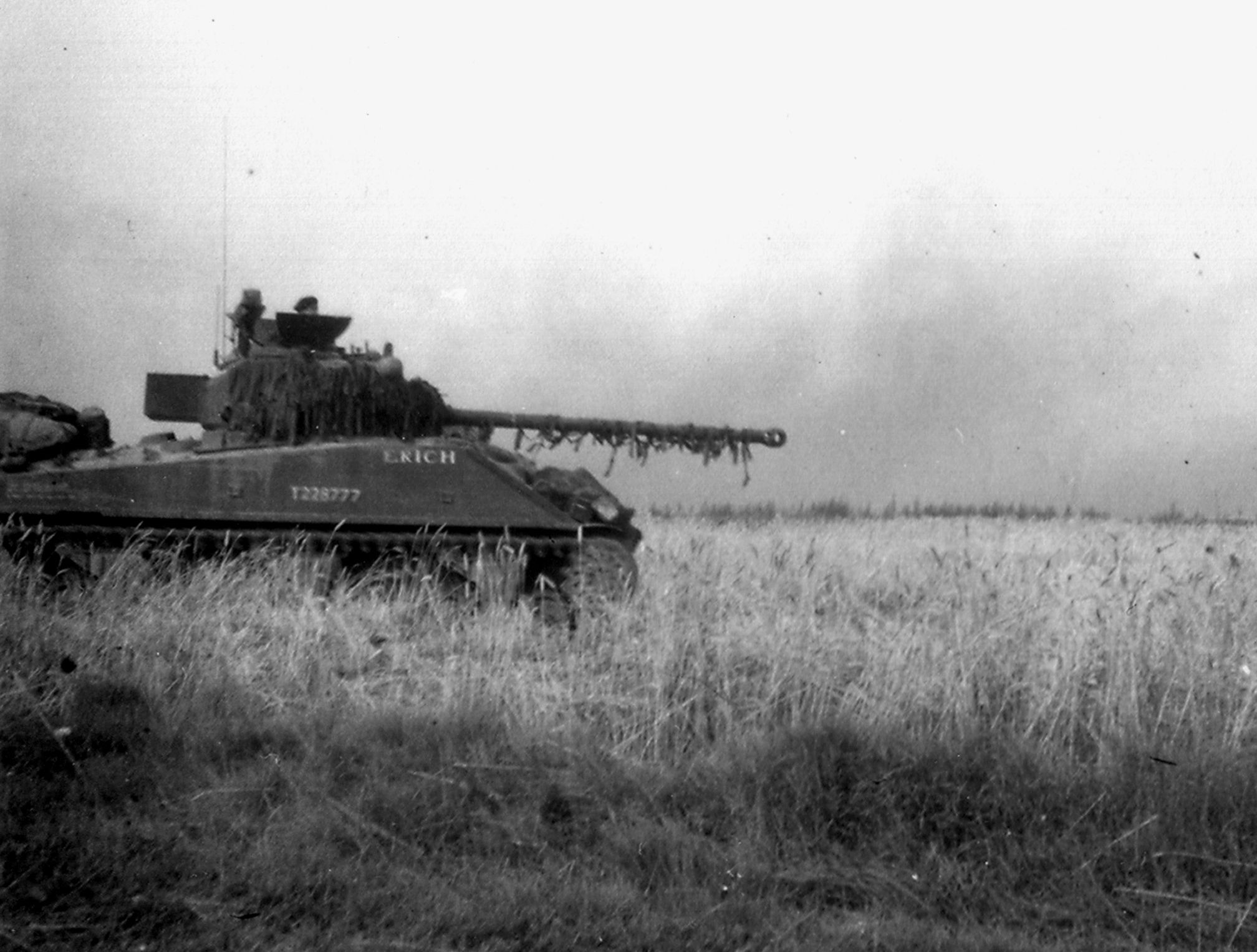


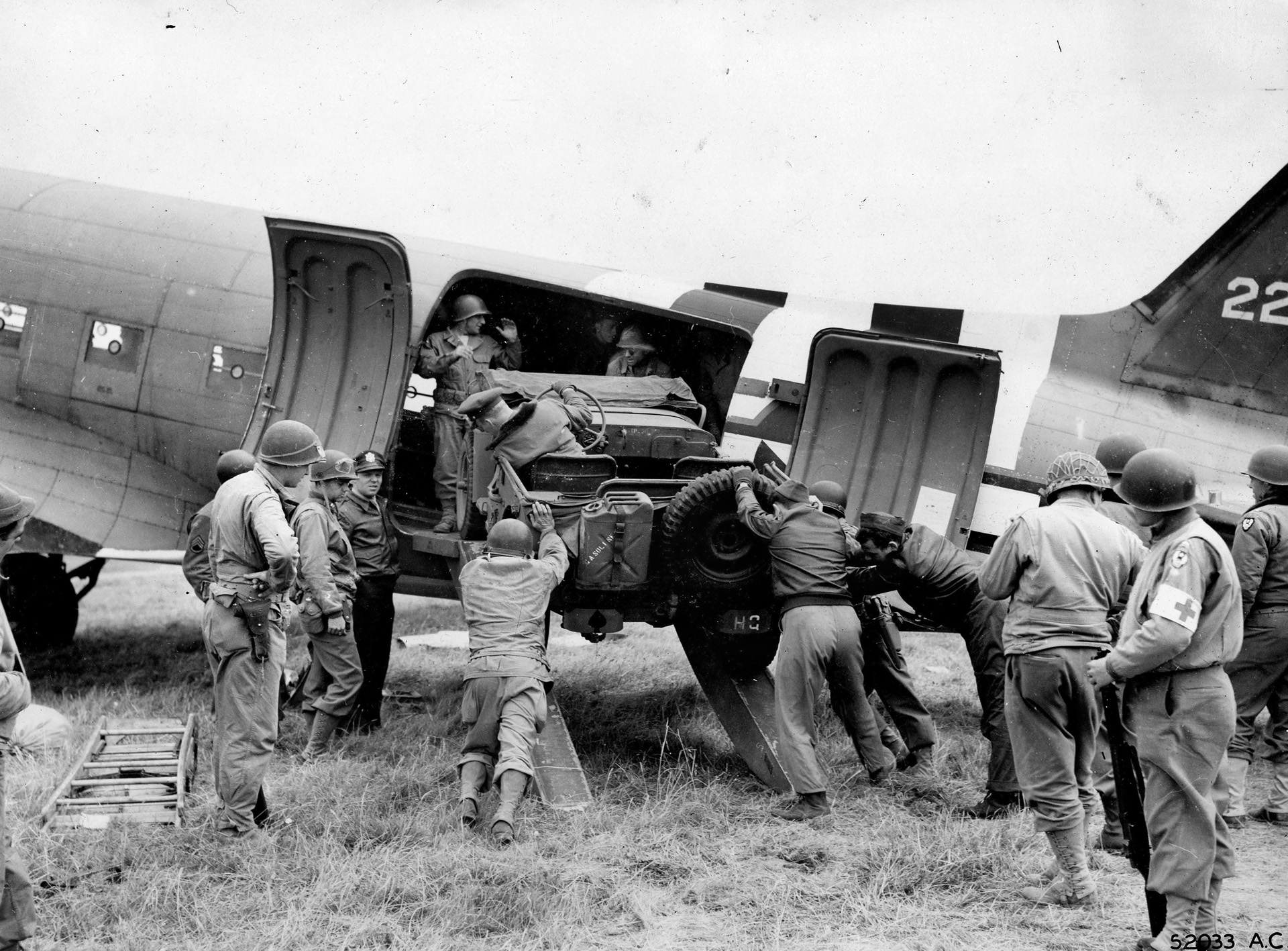
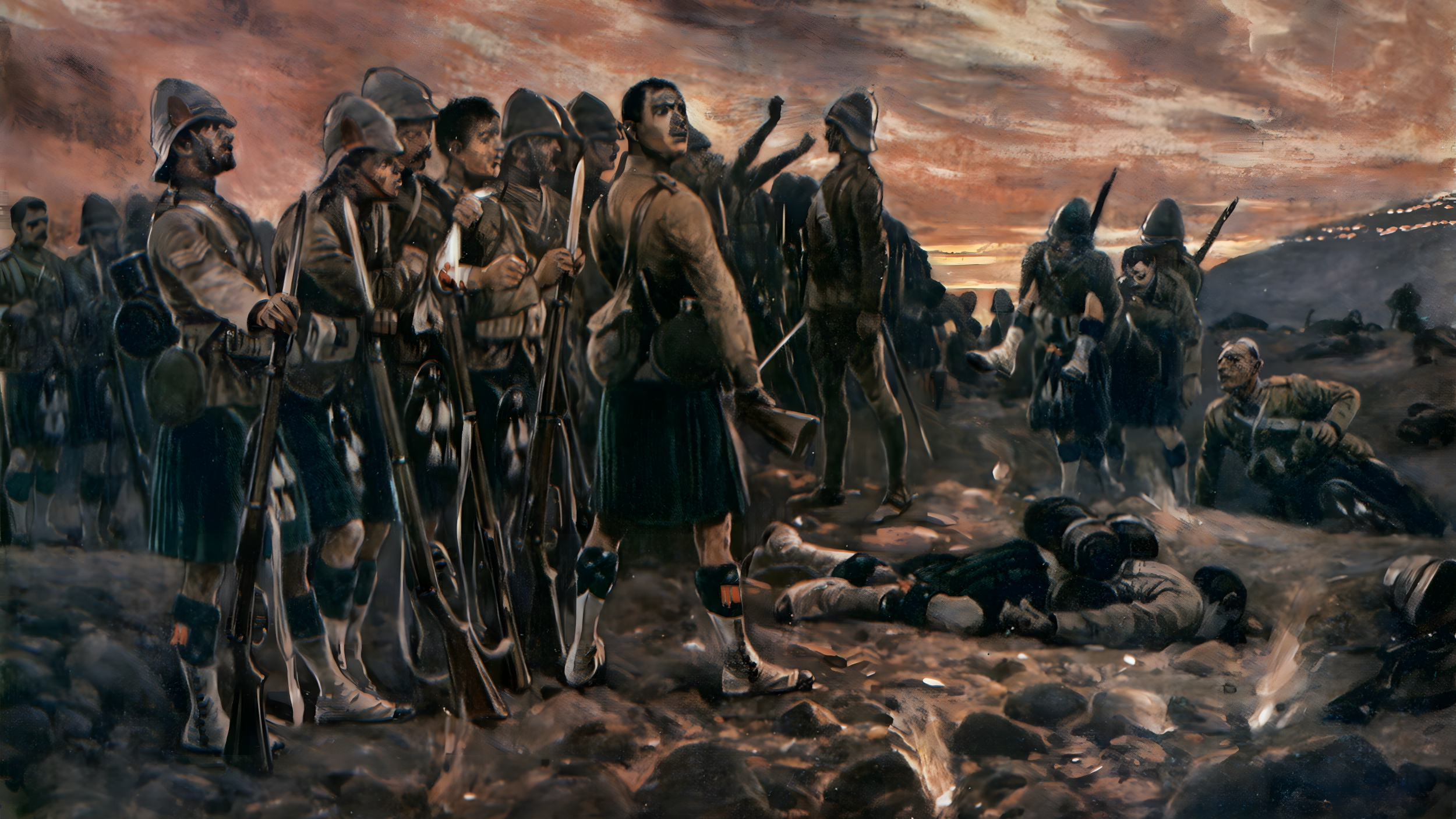
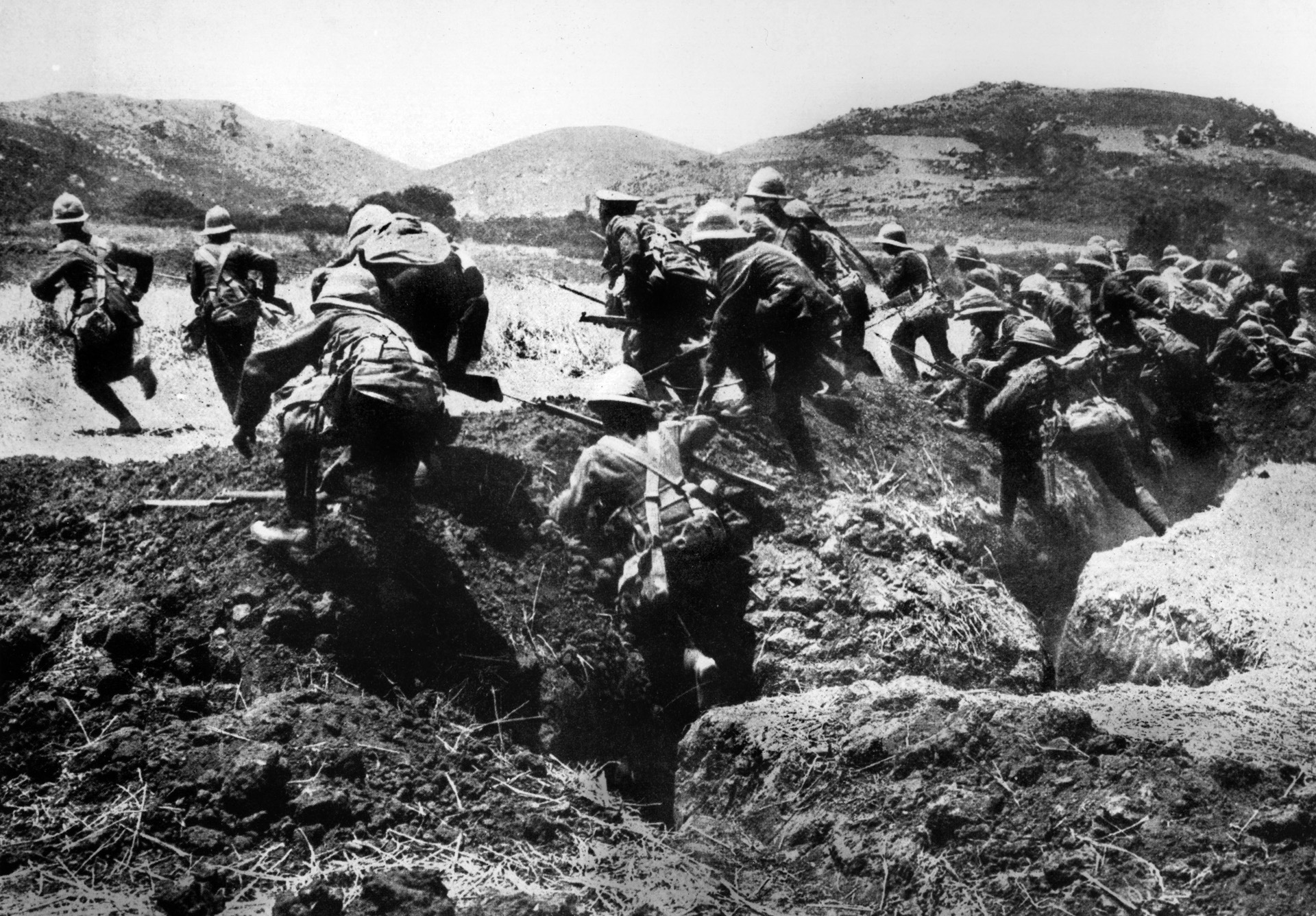
Join The Conversation
Comments
View All Comments